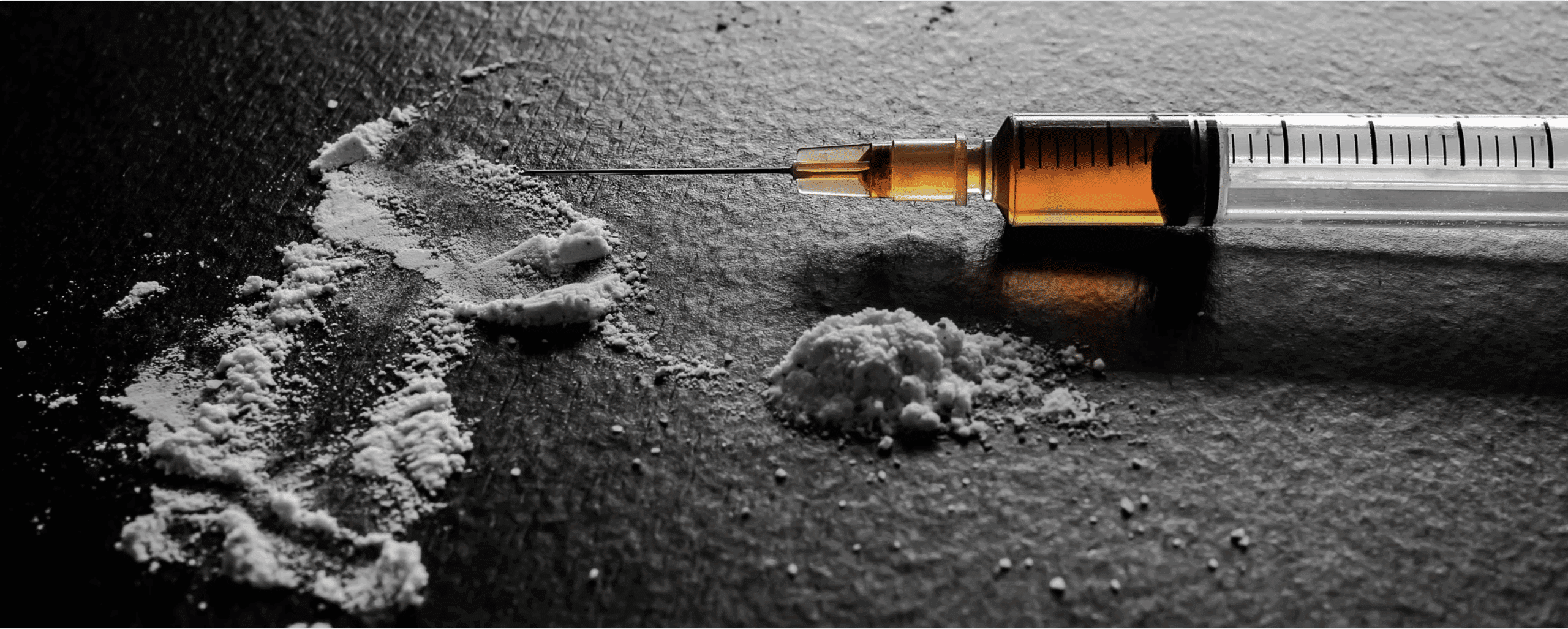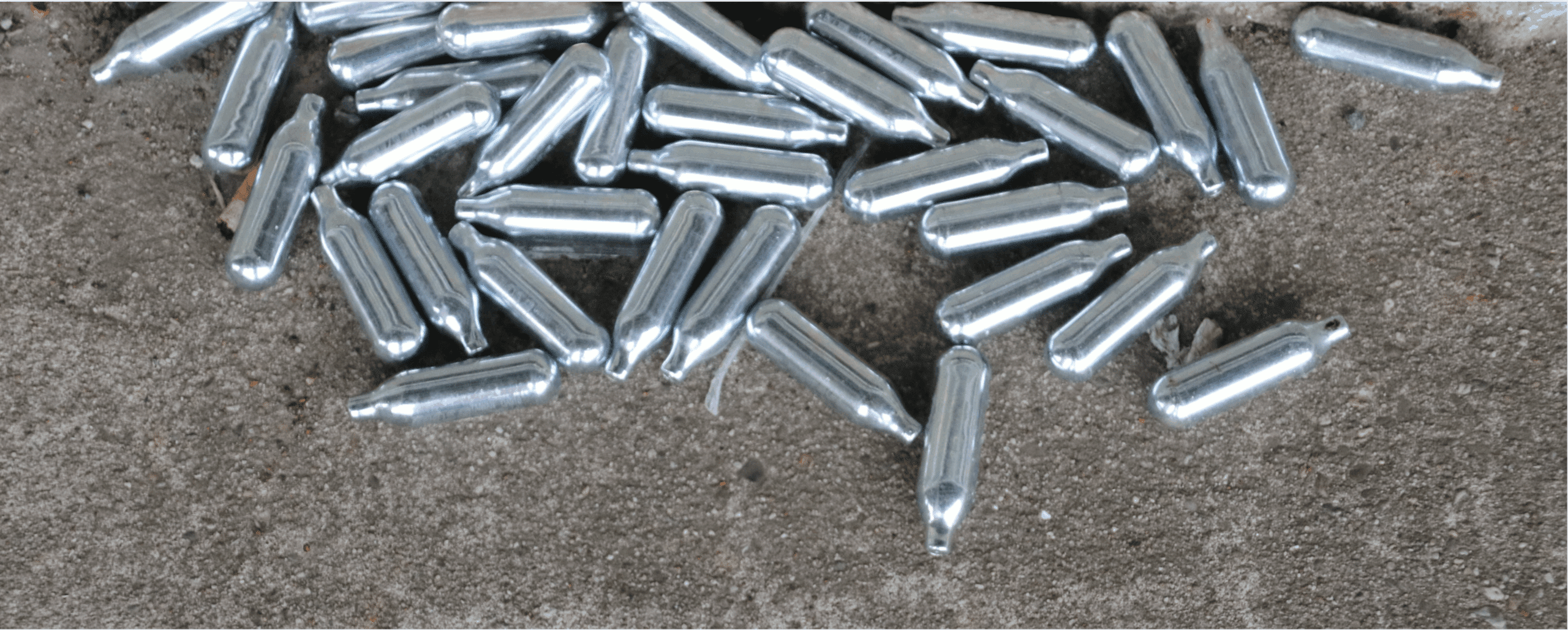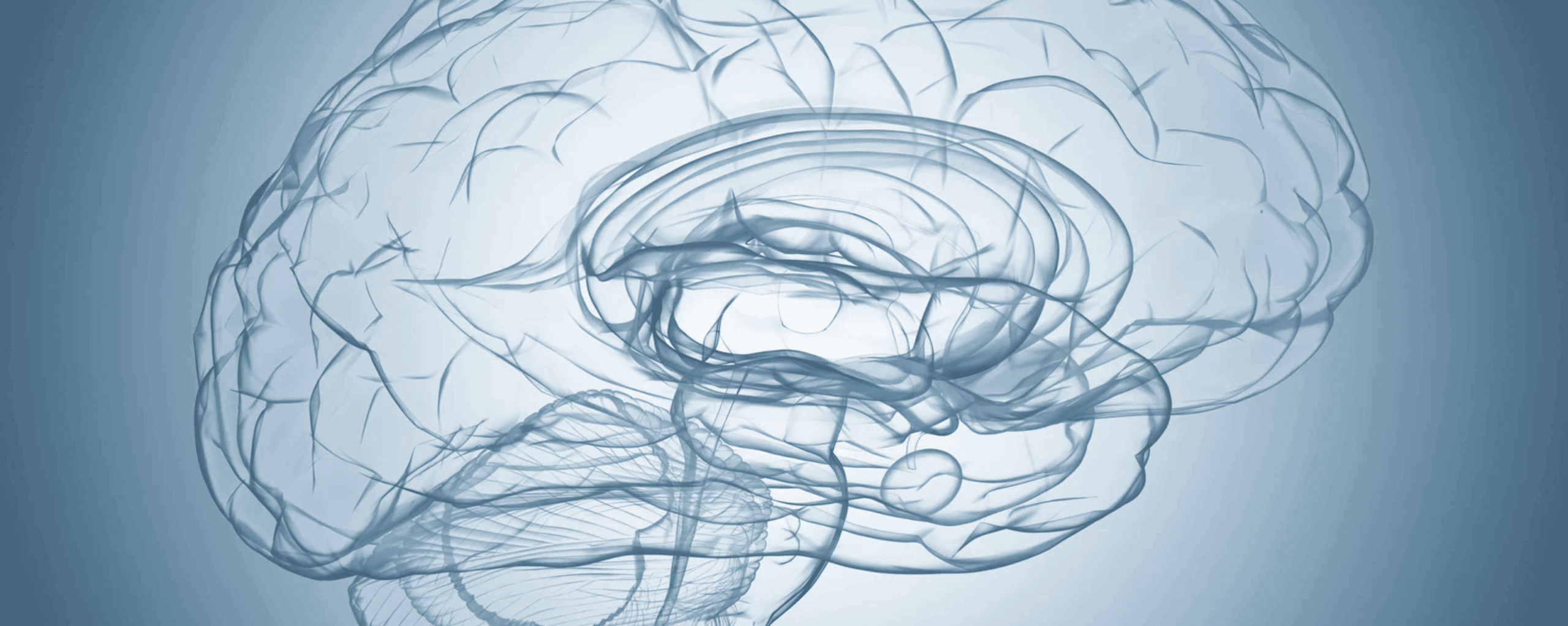The answer to, “Am I an alcoholic” is different for everyone. There are a few questions you can ask yourself to put your drinking in perspective. This “Am I an Alcoholic” quiz is not meant to diagnose alcoholism, but it can shine a light on what could be considered problematic drinking so you have a better idea of your alcohol use. From there, you can take steps like reaching out to an alcohol abuse treatment center for help.
What’s the line between casual drinking and an alcohol use disorder? The answer isn’t as simple as you might think. Drinking is a common practice in the United States, with 84% of adults surveyed in 2021 reporting that they’ve tried alcohol at least once in their life. Alcohol is legal for anyone over the age of 21. That may contribute to its widespread usage.
Measured alcohol use may seem harmless, but there’s a chance that casual drinking can turn into a more serious problem. When drinking grows out of control, the best thing to do is get help from an addiction treatment center that specializes in alcohol use disorders. Vogue Recovery Center is a rehab facility with dedicated programming for alcoholism. Our clinical staff can help you answer the question, “Am I an alcoholic?” and if yes, offer you a path to recovery.
Am I an Alcoholic? Quiz
Please answer the following questions as honestly as possible.
"*" indicates required fields
Ready to Change Your Unhealthy Relationship With Alcohol? Get in Touch Today.
Fill out the form below and one of our admissions team members will reach out to you:
"*" indicates required fields
Now What? Your Options for Help with Alcohol
If your score indicated that alcohol has a strong hold on your life and is affecting your physical health, your relationships, work, finances, and more, there are steps you can take to change your situation.
Step 1: Contact an addiction treatment facility like Vogue Recovery Center to verify your insurance and talk about your treatment options.
Step 2: Enter medical detox. You’ll live at a Vogue Recovery Center location while all the alcohol clears out of your system. This can be an uncomfortable process, but medical detox means there are medical professionals and therapists on standby 24/7 to help with any alcohol withdrawal symptoms you experience. We make sure alcohol detox is safe and as comfortable as possible.
Step 3: Step up to residential alcohol treatment. During inpatient treatment, you’ll live at one of our facilities, so you can fully focus on recovery without the distractions and triggers of everyday life. You will have individual therapy daily and participate in group therapy, plus other therapeutic programs. Inpatient rehab teaches the coping skills and tools that can help you get sober and maintain that sobriety.
Step 4: Once you’ve completed inpatient treatment, step up to outpatient care, which allows for more flexibility between alcohol treatment and your other obligations. There are a few options for outpatient rehab:
- Partial hospitalization program (PHP): During a PHP, you live at home or in a sober living facility but spend up to five days per week at our alcohol recovery facility. The goal is to help begin your transition from recovery back to normal life, while still giving you lots of support.
- Intensive outpatient program (IOP): An IOP involves between 9 and 15 hours of treatment per week at Vogue Recovery Center. In your off hours, you’ll return to your home or to a sober living home, work, and take care of your other responsibilities. An IOP is similar to a PHP but involves fewer hours of treatment.
Step 5: Step up to aftercare. When you receive treatment for alcoholism with Vogue Recovery Center, aftercare is a big focus of your time with us. Throughout treatment, we’ll help you set up a plan for when you leave, including help with employment, therapy outside of our facilities, and more.
The Types of Drinkers
People use alcohol for many reasons. Understanding your motivation to drink is an important step in leaving alcoholism behind.
Here are some of the most common types of drinkers:
Social Drinker
A social drinker consumes alcoholic beverages on occasion and in social settings, such as at parties, gatherings, or outings with friends. They don’t have regular or excessive drinking habits. Social drinkers tend to consume in moderation and may enjoy alcohol as a way to relax, socialize, or celebrate special occasions.
Stress Drinker
A stress drinker turns to alcohol as a coping mechanism when they are experiencing stress, anxiety, or emotional pressure. Stress drinking is a form of self-medication where alcohol is used to numb negative emotions. This behavior can become problematic and may lead to excessive or unhealthy alcohol consumption.
Binge Drinker
According to the National Institute on Alcohol Abuse and Alcoholism, binge drinking is when someone drinks alcohol in a short period to the point their blood alcohol concentration is 0.08%—or 0.08 grams of alcohol per deciliter—or more. For most women, that means four or more drinks. Men often need five or more because of their larger size. Binge drinking is more common among adults between the ages of 18 and 34. Social pressure, stress relief, celebrations, and more can all lead someone to binge drink.
Conformity Drinker
Some people use alcohol because they find themselves in social situations where it’s common. Rather than not “fit in,” you may have a drink to be part of the moment. Toasting with champagne or holding a drink during social situations is an example of conformity drinking.
Enhancement Drinker
Enhancement drinkers consume alcohol to improve their mood, to experience positive emotions, or to enhance social situations. They may feel alcohol helps them:
- Relax
- Get more social
- Temporarily alleviate stress or anxiety
- Enhance their enjoyment of activities like dancing, listening to music, or watching sports
What Alcohol Can Do to Your Life
Some consequences of alcohol abuse start as minor issues but can become serious if drinking goes unchecked. Alcohol can damage your body and mind. It can reduce your enjoyment of life and make mental health issues worse, causing a cycle of substance abuse and mental health symptoms.
The physical health effects of alcohol abuse include:
- Organ damage to the liver and liver diseases
- Damage to the central nervous system
- Damage to the gastrointestinal system
- Damage to the cardiovascular system
- Impaired cognitive functioning like poor memory and decision-making
- Increased risk of harm via accidents or unsafe sex while drinking
The mental and emotional effects of alcohol abuse include:
- Worsened symptoms of mental health conditions
- Problems maintaining relationships with friends and family
- Poor performance at work or in school
- Increased risk for legal problems like a DUI or domestic violence arrest
The longer you abuse alcohol, the more difficult recovery can be. A professional addiction treatment center can help you move past alcohol withdrawal symptoms during detox. That way you can move on to the next stages of alcohol recovery and a brighter future.
What Is Alcoholism?
Alcoholism (alcohol use disorder [AUD]) is a chronic medical condition that involves an inability to control drinking alcohol despite negative consequences. It’s a severe form of alcohol abuse that makes you physically and psychologically dependent on alcohol. It’s progressive and life-threatening if left untreated.
Some of the key signs and symptoms of alcoholism include:
- Cravings: A strong desire or compulsion to consume alcohol regularly
- Loss of control: Inability to limit the amount of alcohol you consume or to stop drinking once you start
- Tolerance: Needing to drink more alcohol to achieve the desired effects or experiencing reduced effects from the same amount of alcohol
- Withdrawal symptoms: Experiencing physical or emotional symptoms when you reduce alcohol consumption or stop consuming it
- Continued use despite consequences: Persistently drinking alcohol despite experiencing negative effects on your health, relationships, work, or other important areas of life
- Neglecting responsibilities: Neglecting important life responsibilities, such as work, school, or family obligations, due to alcohol consumption
- Increased time spent drinking: Spending a significant amount of time obtaining alcohol, drinking alcohol, or recovering from its effects
- Giving up other activities: Giving up or reducing participation in activities that were once important or you once enjoyed in favor of drinking
- Drinking in risky situations: Consuming alcohol in situations that could be dangerous, such as while driving or operating machinery
What Causes Alcoholism?
There isn’t one specific thing that causes alcoholism. The condition has been linked to genetics as well as environmental and social factors. Here are some things that can increase the risk of developing alcoholism:
- Genetics: Family history plays a significant role in alcoholism. If you have close relatives (such as parents or siblings) with alcohol use disorder, you may be at a higher genetic risk of developing it yourself. Specific genes related to alcohol metabolism and how the brain responds to alcohol are thought to contribute to this genetic risk.
- Environmental factors: Environmental influences can greatly impact drinking behaviors. Growing up in an environment where alcohol use is prevalent can increase the risk of alcoholism; for instance, your parents drink heavily, or your peers engage in excessive drinking.
- Mental health disorders: Individuals with certain mental health conditions, such as depression, anxiety, bipolar disorder, or post-traumatic stress disorder (PTSD), may be more susceptible to alcoholism as a way to cope with their symptoms.
- Stress and trauma: High levels of stress or experiencing traumatic events can lead some people to turn to alcohol to self-medicate.
- Social and cultural factors: Cultural attitudes toward alcohol and its consumption can influence drinking patterns.
- Early alcohol use: Starting to drink at a young age makes you more likely to develop alcohol-related problems later in life.
- Personality traits: Certain personality traits, such as impulsivity, sensation-seeking, and low-stress tolerance, can contribute to alcoholism risk.
- Lack of support: Lack of a strong social support system or coping mechanisms can make you more vulnerable to alcohol abuse and addiction.
How Is Alcoholism Diagnosed?
Alcoholism is diagnosed through a combination of clinical assessment, medical evaluation, and standardized criteria outlined in the Diagnostic and Statistical Manual of Mental Disorders (DSM-5), which is published by the American Psychiatric Association.
Some of the criteria used by health care professionals to diagnose alcoholism include:
- Evidence of excessive alcohol use
- Loss of control over alcohol consumption
- Physical dependence
- Failed attempts at quitting
- Continued use despite negative consequences
Turn to Vogue Recovery Center for Alcohol Treatment
This Am I an Alcoholic quiz is not meant to diagnose alcoholism, but if it helped shine a light on your relationship with alcohol and you’re ready to make a change, contact Vogue Recovery Center today. Our team of clinical professionals and behavioral health therapists will work with you to create individualized treatment. That means choosing the path that fits into your life and addresses your issues specifically.
There are options if you’re suffering from alcohol addiction. Vogue Recovery Center offers a full continuum of care:
- Medical alcohol detox
- Inpatient treatment
- Outpatient treatment, including partial hospitalization and intensive outpatient programs
- Aftercare services
If you can’t control your drinking, it may be time to try the addiction treatment programs at Vogue Recovery Center. Our substance abuse treatment team understands the warning signs of an alcoholic and can offer options that are safe and effective.
Questions about treatment options?
Our admissions team is available 24/7 to listen to your story and help you get started with the next steps.

Evan Gove

Latest posts by Evan Gove (see all)
- Dangers of Mixing Prozac and Alcohol - September 10, 2024
- Is Prednisone Addictive? - September 9, 2024













